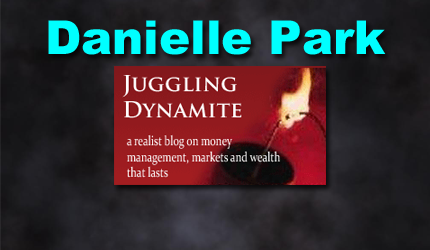As cash flows have plunged in the pandemic shutdown, many rents have not been paid and so payments on loans have been missed and investors who own commercial mortgage-backed securities (CMBS) that hold loans from hotels, apartments, offices and retail stores have also not been paid their expected income (Trepp). This is half the story. The other half, according to a new whistleblower report, is that widespread banking fraud enabled many property owners to borrow more than they could afford to pay back — even before the pandemic quashed their income. See Whistleblower: Wall Street has engaged in widespread manipulation of mortgage funds:
Some of the world’s biggest banks — including Wells Fargo and Deutsche Bank — as well as other lenders have engaged in a systematic fraud that allowed them to award borrowers bigger loans than were supported by their true financials, according to a previously unreported whistleblower complaint submitted to the Securities and Exchange Commission last year.
Whereas the fraud during the last crisis was in residential mortgages, the complaint claims this time it’s happening in commercial properties like office buildings, apartment complexes and retail centers. The complaint focuses on the loans that are gathered into pools whose worth can exceed $1 billion and turned into bonds sold to investors, known as CMBS (for commercial mortgage-backed securities).
In the process, borrowers have qualified for commercial loans they normally would not have, and CMBS investors face the prospects of not just lost income but also crashing security prices. This destructive loop is reminiscent of financial contagion that swept from borrowers and lenders to investors and property prices in the 2007-09 crisis.
It’s interesting to note that after falling 46% from February 20 to March 23 –compared with a 36% decline for the broader Canadian stock market–the basket of Canadian real estate investment trusts (XRE) has rebounded less than the TSX and remained 33% from its peak as of Friday’s close. The US real estate ETF (IYR) has followed a similar pattern falling 40% from February to late March, and still 27% lower as of yesterday’s close. The next few months will reveal more about where capital losses are buried.
It is also why some of the world’s biggest investors (and some of us smaller ones too) are sitting on piles of cash, prepared for once-in-a-lifetime opportunities being unearthed by the pandemic. See Loaded with cash, real estate investors wait for sellers to crack.












